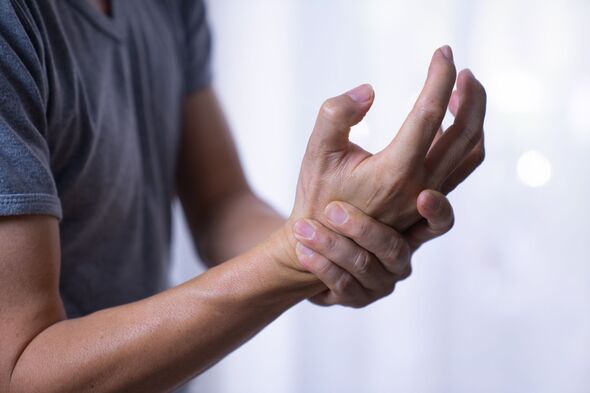
People with certain medical conditions could be eligible to receive up to £738 a month from the Department for Work and Pensions (DWP).
Over 1.1 million adults across Great Britain are currently receiving support through the Personal Independence Payment (PIP) for more than 85 musculoskeletal conditions, according to the latest figures.
Musculoskeletal conditions involve injuries or disorders that affect the body’s movement, such as muscles, tendons, ligaments, nerves, discs, and blood vessels.
Individuals aged 16 to state pension age (currently 66) may be eligible for PIP if their condition limits their ability to work or carry out daily activities. Those whose symptoms significantly hinder their ability to work may also qualify for ‘new style’ Employment and Support Allowance (ESA).
PIP claims range from £28.70 to £184.30 per week, meaning successful applicants could receive between £114.80 and £737.20 every four-week pay period.
Who might be eligible for PIP?
To be eligible for PIP, people must have a health condition or disability where they have had difficulties with daily living or getting around (or both), and expect these difficulties to continue for at least 12 months.
People usually need to have lived in the UK for at least two of the last three years and be in the country when they apply.
There are different rules for those who are terminally ill, allowing them to receive PIP faster and at the highest rate.
The DWP uses a PIP assessment to determine eligibility, scoring how much a person’s condition affects their ability to carry out certain tasks.
Claimants will undergo an assessment by an independent healthcare professional, who will help the DWP decide the appropriate level of financial support, if any, for PIP.
Face-to-face consultations are available, alongside options for video calls, telephone assessments, and paper-based assessments. It’s important to note that the healthcare professional and the DWP will determine the most suitable assessment method for each individual claimant.
What are the PIP rates?
There are two components to PIP. A daily living part for those who need help with everyday tasks, and a mobility part for those who need help moving around.
Each comes with two rates – a standard rate and an enhanced rate. Whether people get one or both parts and how much they get depends on how difficult they find certain tasks, and people can apply even if they’re working, have savings, or are already receiving other benefits.
The standard and enhanced payment rates for PIP are as follows:
Daily living tasks
- Standard rate – £72.65.
- Enhanced rate – £108.55.
Mobility tasks
- Standard rate – £28.70
- Enhanced rate – £75.75.
This means those entitled to the full rate can currently receive up to £184.30 a week, which translates to around £737.20 a month.
How much will PIP increase in 2025?
In line with last September’s inflation rate, PIP rates will increase by 1.7% in April. The new rates for both components will be:
Daily living tasks
- Standard rate – £73.90 a week
- Enhanced rate – £110.40 a week
Mobility tasks
- Standard rate – £29.20 a week
- Enhanced rate – £77.05 a week.
How to claim PIP?
People should claim the PIP new claims helpline on 0800 917 2222 to start a new application. They will then receive a form that will ask about the condition. After the form is returned, the claimant may have to undergo an assessment.

















